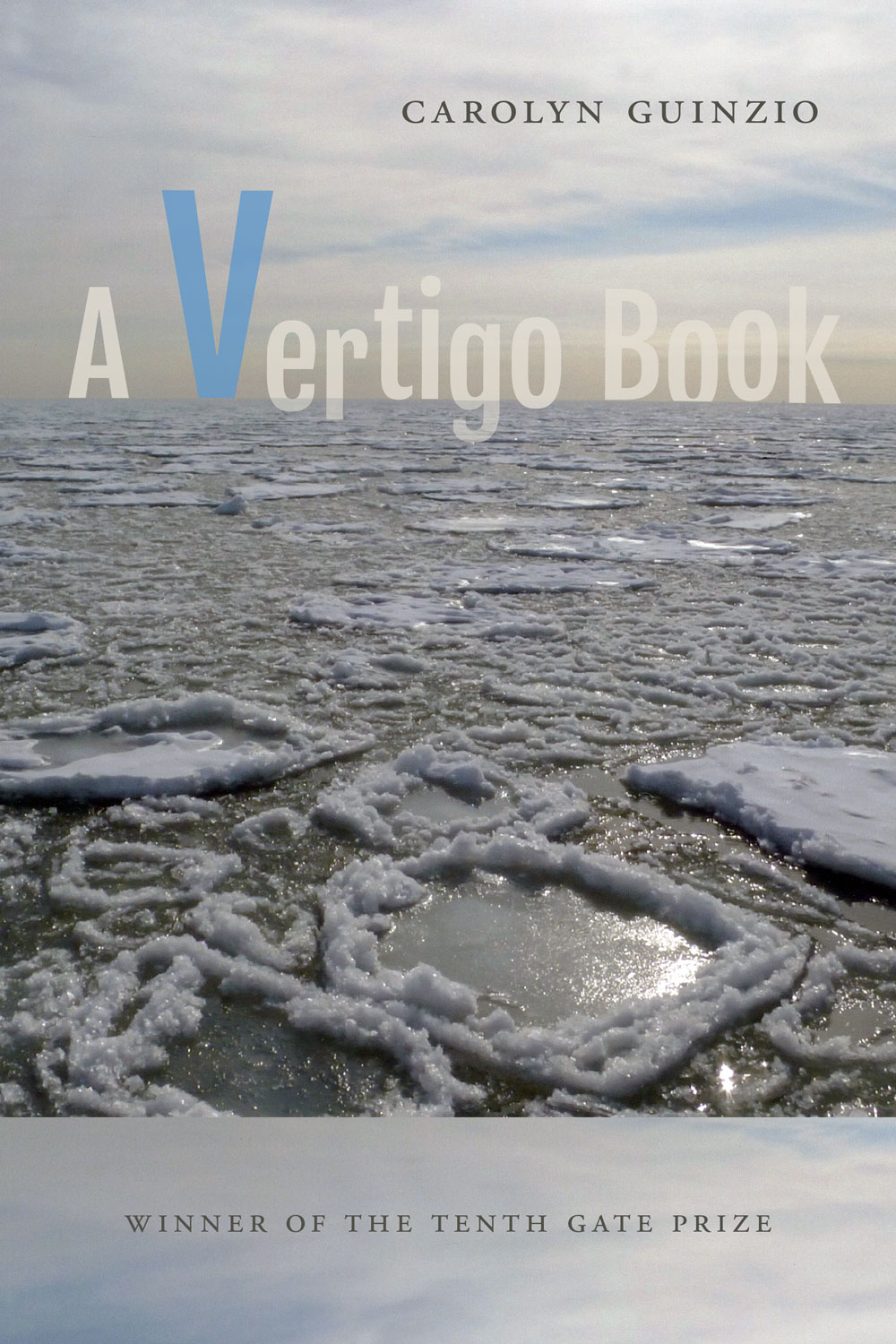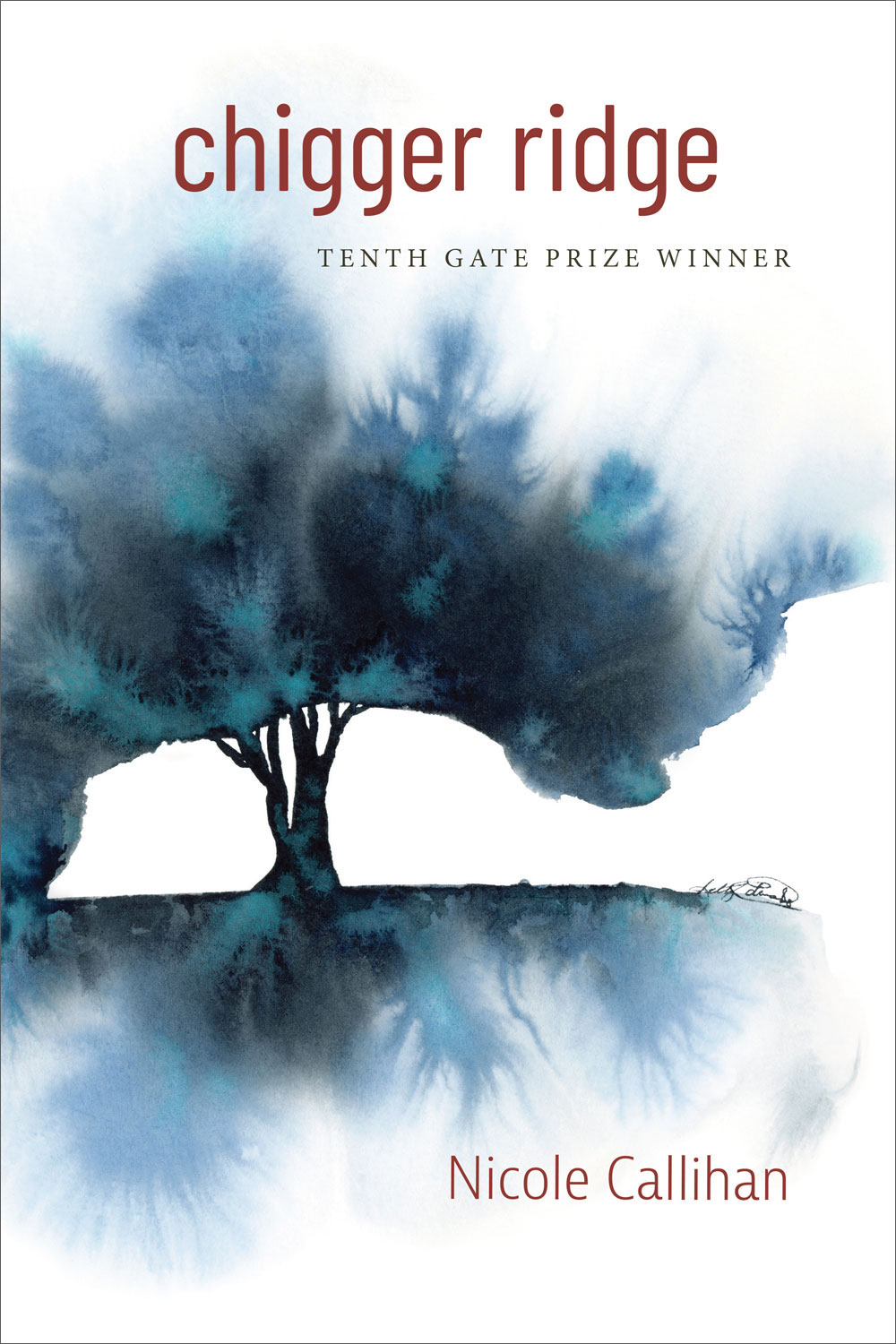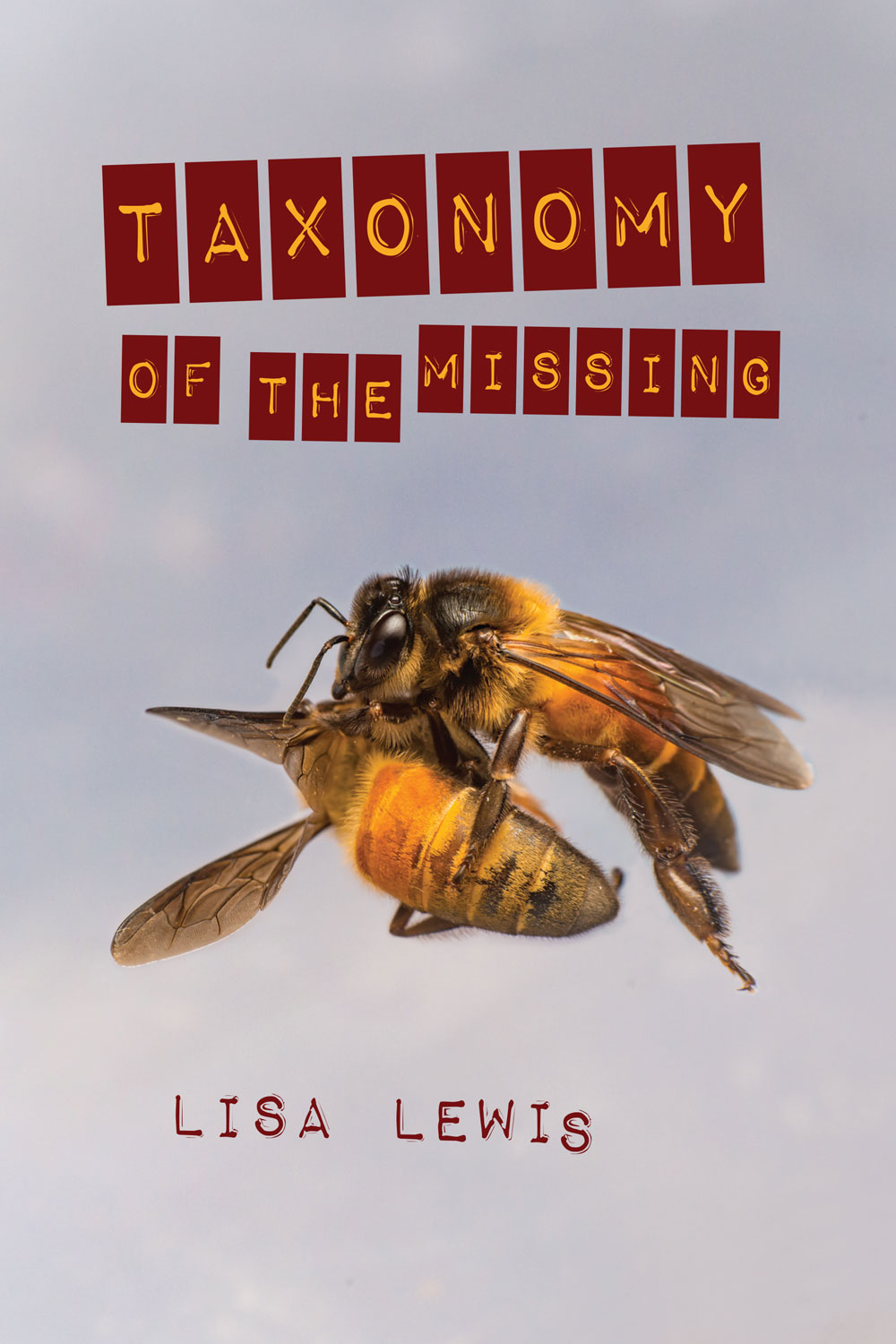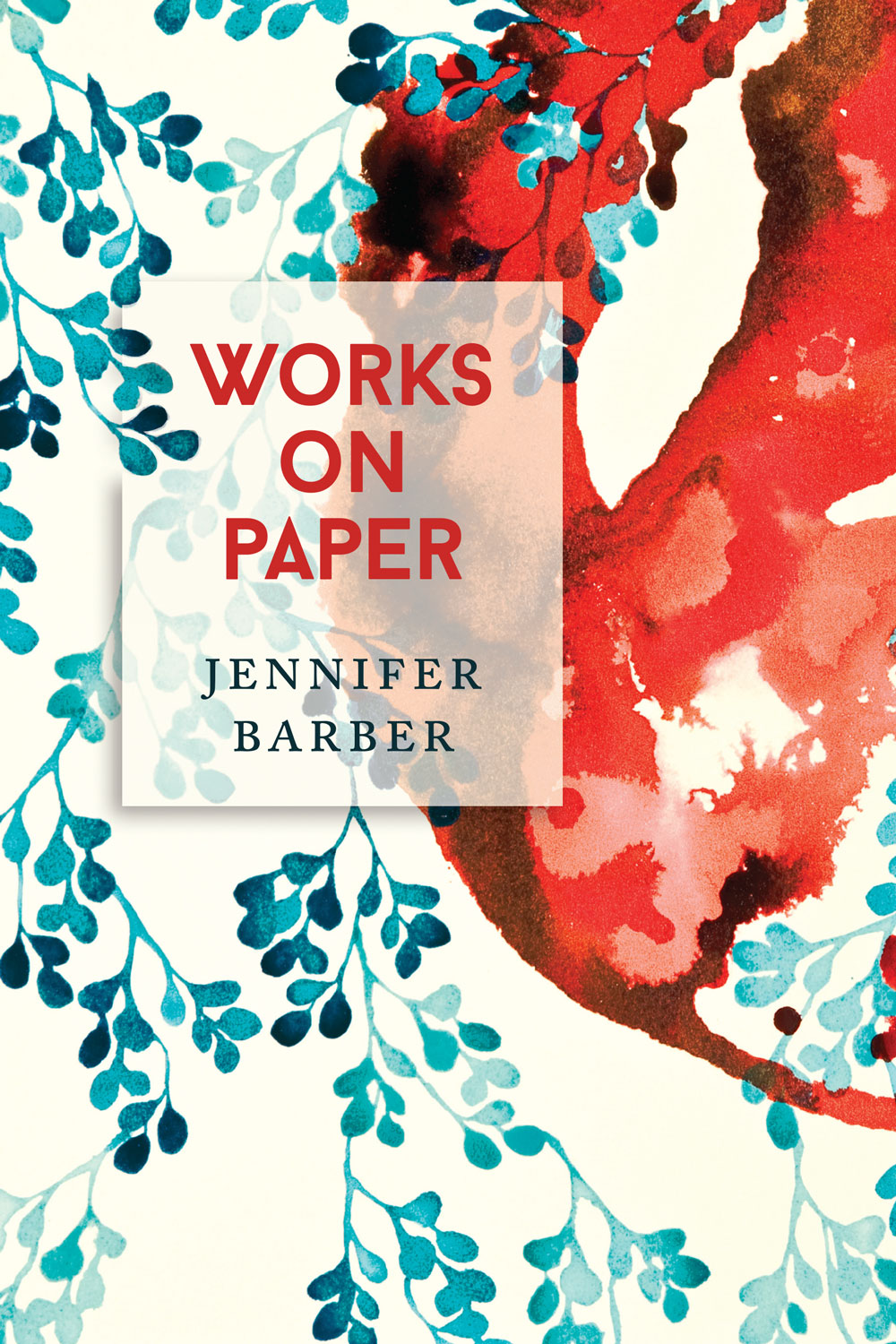Jennifer Richter’s first collection, Threshold, was chosen by Natasha Trethewey as a winner in the Crab Orchard Series in Poetry; her second collection, No Acute Distress, was a Crab Orchard Editor’s Selection; both were named Oregon Book Award Finalists. Recent work has been featured in ZYZZYVA, The Missouri Review, The Massachusetts Review, and CALYX. Richter teaches in Oregon State University’s MFA program.
Praise for Dear Future
There’s so much I like about this book that I hardly know where to begin. The poet’s sense of music is fine, and beautifully honed to the demands of American English, and I admire the variations on form throughout, especially the way the poet never allows the sentence to be what drives the poems but always the line. That alone is a remarkable accomplishment. Also present throughout is an astute reckoning of what lies at the heart of what being human means in the face of a poetic consideration. Even this late in the human picture, she shows us that it is still possible to tell the truth about ourselves and to find beauty there. What endures for me is a quality of voice, that because of its natural beauty and its honesty, convinces the reader to enter the poems, where you will be safe. —Bruce Weigl, author of Among Elms, in Ambush
Dear Future teems with the cadence of panic, with the anticipatory anxiety of mothering children who are growing toward departure, and departing, while navigating a global pandemic, a globe rattled by literal and figurative earthquakes. Charles Francis Richter—he of the Richter scale, and a poet—becomes a comrade in namesake Jennifer Richter’s own harrowing attempts to accompany her son as he navigates a serious, persistent depression. “[M]y son used to / sleep on me like a bunny on my belly,” she writes, and those of us who know the particular pain of looking back on such tenderness, from a frightening present tense, clench our fists in empathy. “The Underworld Also Swallows Sons,” she titles perhaps the finest poem in the collection, a sonnet, opening the book’s personal realm to the mythic, and with Wordsworth’s “The world is too much with us; late and soon,” the literary. Her formal expressiveness is vast, offering up unpunctuated, breathless free verse, a cento, an erasure, ekphrasis, and the sonnet. In this vastly human, deeply honest collection, Richter revels in enjambments that jolt us like an earthquake, like love. —Diane Seuss, author of frank: sonnets









Reviews
There are no reviews yet.